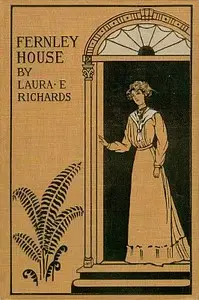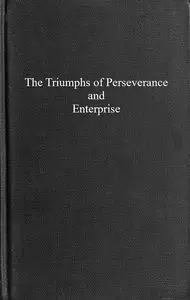"The Wanderer; or, Female Difficulties (Volume 3 of 5)" by Fanny Burney is a historical novel written in the late 18th century. The narrative explores the challenges and emotional turmoil faced by women during this period, particularly focusing on the struggles of the character Ellis and her interactions with various other women such as Elinor and Gabriella. The overarching theme revolves around the difficulties women face in a patriarchal society, addressing issues of identity, societal expectations, and personal loss. The opening of this volume portrays tensions arising from personal and social complexities, particularly through the character dynamics among Ellis, Elinor, and Miss Matson. At the start, Ellis is concerned for her friend Elinor, who has become fixated on a love that may never be reciprocated, while grappling with her own feelings of compassion for a mysterious foreign woman struggling with grief. The narrative shifts as Ellis makes a compassionate effort to connect with this woman, who is mourning a lost child, showcasing the intimate emotional landscapes of these female characters. The juxtaposition of sorrow, duty, and camaraderie highlights the pressing feminine difficulties faced in that era. (This is an automatically generated summary.)

The Wanderer; or, Female Difficulties (Volume 3 of 5)
By Fanny Burney
"The Wanderer; or, Female Difficulties (Volume 3 of 5)" by Fanny Burney is a historical novel written in the late 18th century. The narrative explores...
Frances Burney, also known as Fanny Burney and later Madame d'Arblay, was an English satirical novelist, diarist and playwright. In 1786–1790 she held the post of "Keeper of the Robes" to Charlotte of Mecklenburg-Strelitz, George III's queen. In 1793, aged 41, she married a French exile, General Alexandre d'Arblay. After a long writing career and wartime travels that stranded her in France for over a decade, she settled in Bath, England, where she died on 6 January 1840. The first of her four novels, Evelina (1778), was the most successful and remains her most highly regarded, followed by Cecilia (1782). Most of her stage plays were not performed in her lifetime. She wrote a memoir of her father (1832) and many letters and journals that have been gradually published since 1889, forty-nine years after her death.


















